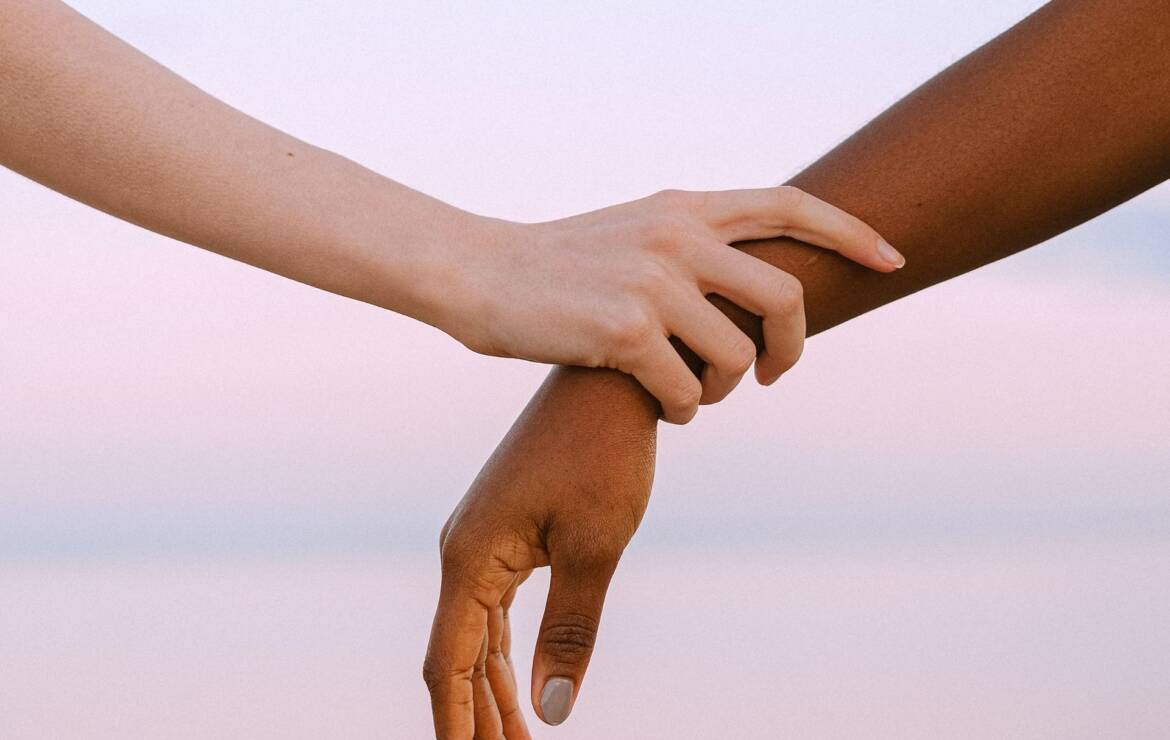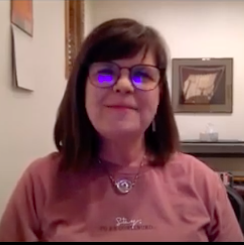I have had the desire, for some time now, to share my thoughts on a topic that often gets swept under the rug. As a therapist, I know firsthand the impact an individual’s mental health can have on their life and their relationships.
And in the LGBTQ community, we need to address mental health (and what we can do to help) early on before we are in crisis. We must be proactive in treating and caring for our mental health as well as destigmatizing the topic altogether.
Our community faces so many obstacles and so much scrutiny as a minority group already. It’s no wonder so many of our peers are afraid to talk about or address their mental health concerns and their need for mental health care.
Below I share 11 things we can do to address LGBTQ mental health – both within therapy and even through policy and societal changes. I also suggest things parents can do when their children are young to create an open and affirming family culture. In turn, this provides a healthy and safe environment to prevent them from ever feeling afraid to come out or alone in their struggles with mental health
11 Ways To Lower The Mental Health Risks In The LGBTQ Community
- At a Social and Family level, work diligently to end the stigma and reduce fears in asking for help with mental health issues such as depression, anxiety, PTSD, suicidal feelings, and shame.
- Create a nationwide education initiative (TV, Radio, Schools, Social Media) to teach about the negative impact of rejection, trauma, and isolation for LGBTQ youth (increased mental health issues) AND to teach parents, grandparents, teachers, doctors (adults) how to talk to children about sexual and gender identity in a way that is loving, accepting and affirming.
- Parents, read LGBTQ affirming books to your babies and toddlers and speak positively to them about the community.
- Parents, take your children to PRIDE festivities starting at a young age.
- Parents, tell your children “I love you exactly as you are.” Period. Never tell an LGBTQ child “I love you even though your…”
- Older LGBTQ people, make it a point to mentor and support younger LGBTQ folks. They are struggling.
- Ensure that all LGBTQ-phobic bullying, harassment, and hate crimes victims are being treated in the same way that a privileged, heteronormative victim would be treated.
- Encourage (through funding) LGBTQ mental health solutions research.
- Require an LGBTQ cultural-competency curriculum for all medical, counseling/therapy, and education training programs.
- Mandate and fund continuing education programs that teach LGBTQ cultural competency for primary care doctors, counselors, therapists, educators, public health providers, and others who serve humanity.
- Develop and circulate education programs that teach LGBTQ cultural competency for pastors, priests, churches, synagogues, religious institutions, and bible colleges.
As a community, we have the power to lower the mental health risks and outcomes for LGBTQ youth and adults. Let’s work together to make the necessary family culture, societal, educational, and policy changes. Our community’s mental health depends on it!



